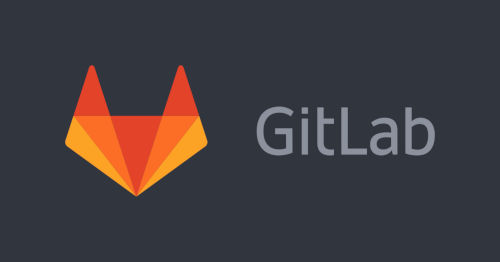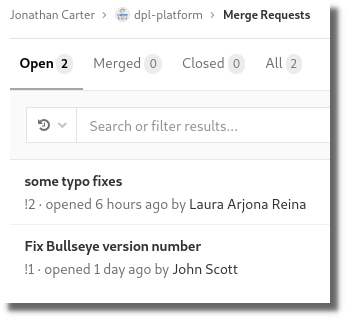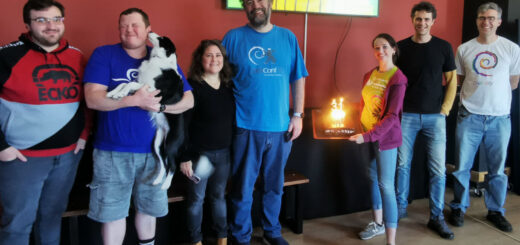GitLab and Debian

As part of my DPL campaign, I thought that I’d break out a few items out in blog posts that don’t quite fit into my platform. This is the first post in that series.
When Debian was hunting for a new VCS-based collaboration suite in 2017, the administrators of the then current platform, called Alioth (which was a FusionForge instance) strongly considered adopting Pagure, a git hosting framework from Fedora. I was a bit saddened that GitLab appeared to be losing the race, since I’ve been a big fan of the project for years already. At least Pagure would be a huge improvement over the status quo and it’s written in Python, which I considered a plus over GitLab, so at least it wasn’t going to be all horrible.
The whole discussion around GitLab vs Pagure turned out to be really fruitful though. GitLab did some introspection around its big non-technical problems, especially concerning their contributor licence agreement, and made some major improvements which made GitLab a lot more suitable for large free software projects, which shortly lead to its adoption by both the Debian project and the Gnome project. I think it’s a great example of how open communication and engagement can help reduce friction and make things better for everyone. GitLab has since became even more popular and is now the de facto self-hosted git platform across all types of organisations.
Fun fact: I run a few GitLab instances myself, and often get annoyed with all my tab favicons looking the same, so the first thing I do is create a favicon for my GitLab instances. I’m also the creator of the favicon for the salsa.debian.org, it’s basically the GitLab logo re-arranged and mangled to be a crude representation of the debian swirl:

The move to GitLab had some consequences that I’m not sure was completely intended. For example, across the project, we used to use a whole bunch of different version control systems (git, bzr, mercurial, etc), but since GitLab only supports git, it has made git the gold standard in Debian too. For better or worse, I do think that it makes it easier for new contributors to get involved since they can contribute to different teams without having to learn a different VCS for each one.
I don’t think it’s a problem that some teams don’t use salsa (or even git for that matter), but within salsa we have quite a number of team-specific workflows that I think can be documented a lot better and I think in doing so, may merge some of the cases a bit so that it’s more standardised.
When I started working on my DPL platform, I pondered whether I should host my platform in a git repository. I decided to go ahead and do so because it would make me more accountable since any changes I make can be tracked and tagged.
I also decided to run for DPL rather late, and prepared my platform under some pressure, making quite a few mistakes. In another twist of unintended consequences for using git, I woke up this morning with a pleasant surprise of 2 merge requests that fixed those mistakes.

I think GitLab is the best thing that has happened to Debian in a long time, and I think whoever becomes DPL should consider making both git and the salsa.debian.org a regular piece of the puzzle for new processes that are put in place. Git is becoming so ubiquitous that over time, it’s not even going to be something that an average person would need to learn anymore when getting involved in Debian and it makes sense to embrace it.







You write, that you host a number of GitLab instances. Are you using the package from Debian? Any chance to get it from contrib to main at some point? And have it in a stable release, i.e. bullseye? I think about replacing a Trac instance at some point with GitLab, but having only a “contrib, unstable” package is a drawback.
Hey Martin, these gitlab instances come along from before the package existed in Debian, so they are installed from the GitLab omnibus that’s hosted on the GitLab Debian PPAs. I’m planning to migrate those to the packaged versions after Buster is released. It’s likely to be in contrib for some time, at least.